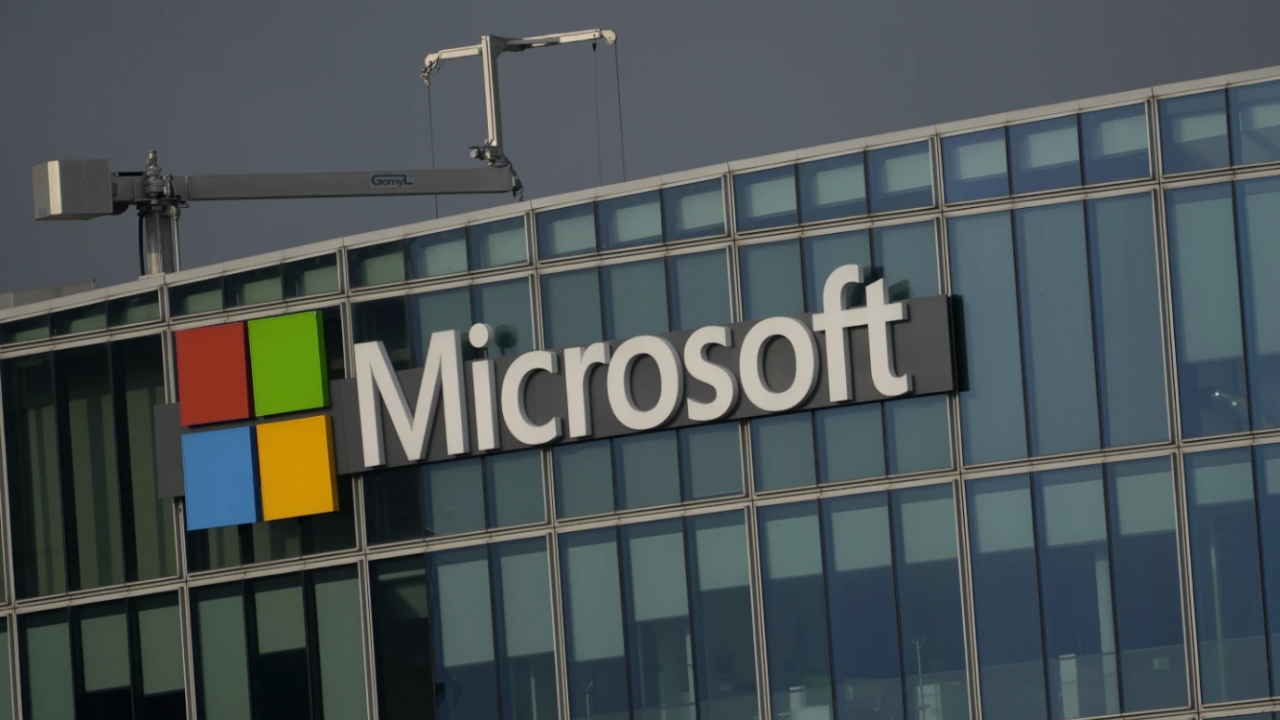
UAE and Yemen Strengthen Legal and Judicial Cooper
UAE and Yemen attorney generals met in Abu Dhabi to strengthen legal ties, enhance public prosecutio

Photo:AP
The European Union’s competition watchdog and Microsoft have finally closed a dispute that has been in the making for years. This settlement revolves around Teams, Microsoft’s communication and video-conferencing tool, and its controversial bundling with Office software. The case may sound technical at first, but it carries wide importance for businesses, rivals in the technology industry, and millions of users across Europe.
How the Dispute Started
The story begins with the growth of remote and digital work. Microsoft introduced Teams in 2017 as a competitor to Slack and Zoom. When the COVID-19 pandemic struck in 2020, collaboration tools became essential for companies overnight. Microsoft seized this moment and offered Teams as part of Office 365 — a suite that already held a near-dominant position in business software.
Slack, later acquired by Salesforce, filed a formal complaint to the European Commission in 2020. The complaint stated that Microsoft’s bundling strategy created an “illegal tie.” By automatically adding Teams to Office without giving users a real option to try alternatives, Microsoft allegedly tilted the competition unfairly in its favor.
For regulators, this echoed past cases. Microsoft had faced heavy penalties before for bundling Internet Explorer with Windows. European authorities feared a repeat: a situation where an incumbent locks out rivals simply by leveraging its powerful platforms.
What the EU Found Problematic
The European Union’s competition rules are designed to prevent a dominant player from using its strength in one area to crush competition in another. In this case:
Microsoft controls a dominant share of office productivity software.
Integrating Teams into Office made it nearly unavoidable for businesses using Microsoft’s suite.
Competitors like Slack argued that independent innovation in workplace communication was being stifled.
The EU opened a formal antitrust probe, with the potential of imposing large fines — sometimes up to 10% of a company’s global turnover. For Microsoft, that could have amounted to tens of billions of euros.
The Settlement Terms
Rather than dragging the case into a long legal fight, Microsoft presented remedies. These include:
Unbundling Teams: Microsoft will now sell Office in Europe without Teams attached, allowing companies to choose their communication platform freely.
Improved Interoperability: Microsoft committed to making its software more open so competing tools can work smoothly with its Office suite.
Transparent Options for Customers: Businesses will know clearly what they are paying for, and Teams will not be forced onto their systems.
The European Commission accepted these solutions, officially closing the case. Regulators said the changes pave the way for a more level playing field and mark an important shift in how digital markets will be monitored.
Significance of the Settlement
This settlement is more than a technical change. Its implications run deep:
For Businesses: Customers will have greater freedom to choose apps that suit their needs. This could also bring more competitive pricing as companies like Zoom, Slack, and Google Workspace see fresh opportunities to compete.
For Competitors: The ruling validates complaints that smaller players can be squeezed out when dominant firms bundle products. It shows regulators are attentive and willing to enforce rules to protect innovation.
For Microsoft: Although the company avoided a massive fine, the settlement is a reminder of its past troubles with antitrust regulators. Microsoft wants to show it can cooperate and move away from aggressive bundling tactics.
Lessons from Past and Future Risks
This is not the first time Microsoft has faced such a case. In the early 2000s, it was accused of abusing its dominance in Windows to suppress rivals, particularly with Internet Explorer and media players. Then too, the EU imposed large fines.
The pattern highlights a recurring tension: how should regulators manage global digital giants who expand their ecosystems by tying services together? While integration may bring convenience, it can also undermine competition.
Industry observers now believe that regulators in other countries may look closely at similar practices. The United States, United Kingdom, and parts of Asia are also increasing scrutiny of Big Tech. This settlement may create a kind of template for future action.